Medewerkers met het vakgebied Psychologie
Wetenschap ontwikkelt zich waar verschillende vakgebieden samenkomen. Alleen al daarom bestaat er binnen de RUG een grote verscheidenheid aan vakgebieden, met daarbinnen een groot aantal vakspecialisten. Met behulp van onderstaand overzicht, gebaseerd op een vaststaande indeling van wetenschapsgebieden, vindt u op elk vakgebied de juiste deskundige. Komt de deskundige die u zoekt niet voor in deze lijst? Via een vergelijkbaar vakgebied of een gerelateerde faculteit vindt u mogelijk alsnog de juiste persoon.
Overzicht van alle vakgebieden
motivatie psychologie, pro-sociaal gedrag, anti-sociaal gedrag, psychologische behaoeften, intergroeps gedrag
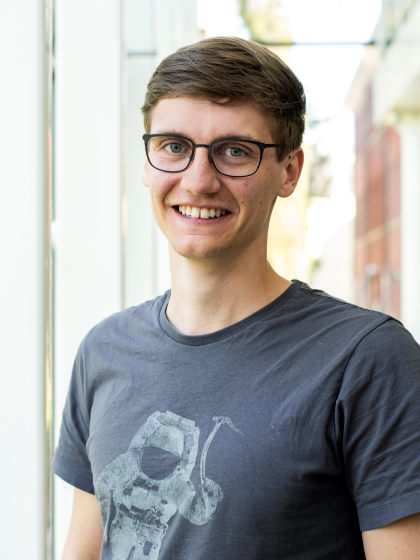
Contact
m.agostini rug.nl
Functie
Promovendus
Contributing to better working lives is what I strive for. I have over 10 years of research experience within the field of Work & Mental Health and done policy analyses in this area for the Organisation for Economic Cooperation and Development (OECD). My... read more
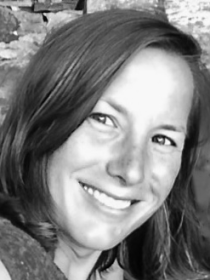
Contact
Functie
Postdoctoraal onderzoeker
Habitual Behaviors, Self-regulation, Motivation, Occupational Health
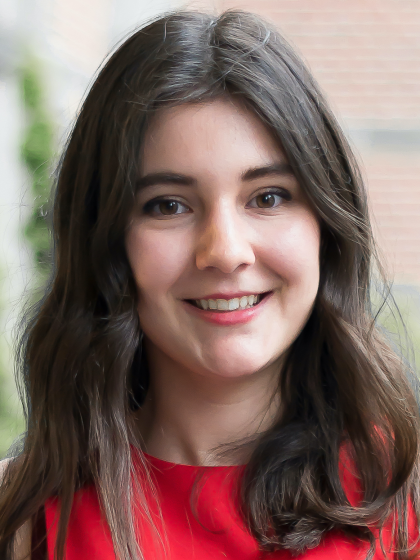
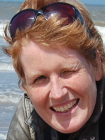
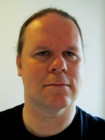
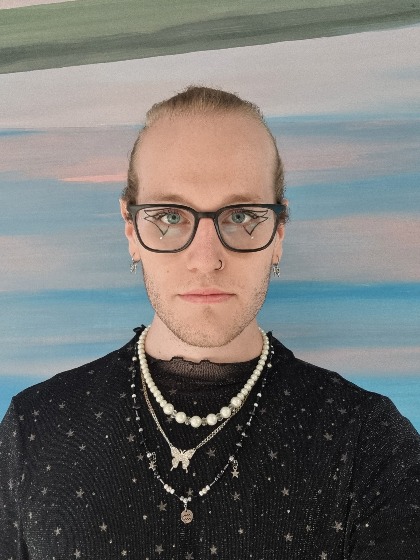
Contact
jan.behrens rug.nl
Functie
I focus on societal health inequalities experienced by LGBTQIA+ people which I approach with an intersectional feminist lens and applying minority stress theory, social identity theory, and institutionalism guide my research.
Vakgebied
Kwalitatief onderzoek; evaluatie van zorg; patient ervaringen; mentale gezondheidsvaardigheden; stigma; mentale gezondheidspreventie.
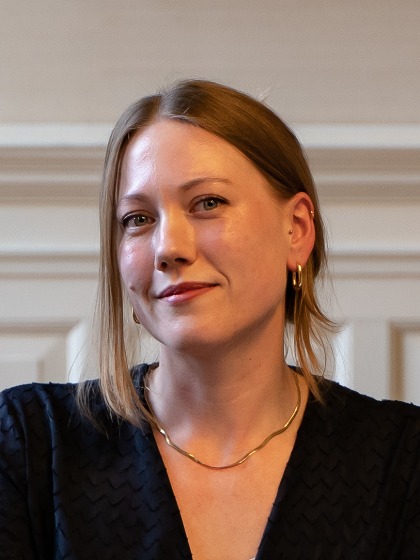
Contact
l.beukema umcg.nl
Functie
Postdoctoraal onderzoeker
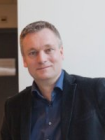
Contact
r.m.bezema umcg.nl
Functie
Managing Director Honours College

Contact
j.o.van.bijsterveld rug.nl
Functie
My research focuses on vanishing boundaries between work- and non-work life as one aspect of today´s rapidly changing working conditions. I investigate the impact of these changes on employee well-being and performance as well as the role of modern... read more
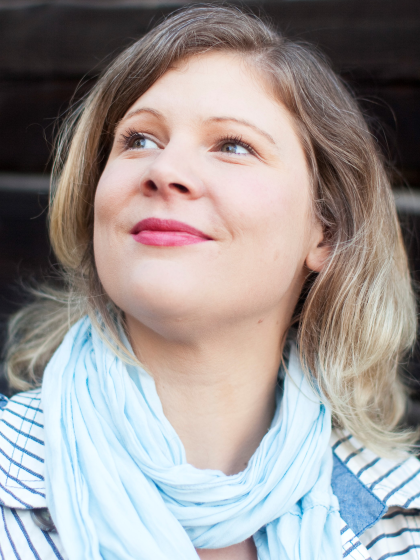
Contact
Functie
Professor
Driven by the goal to support sustainability transitions, Paula Bögel’s inter- and transdisciplinary research centers on understanding human behavior in transitions. Her work focuses on collective action, examining the relationship between collective... read more
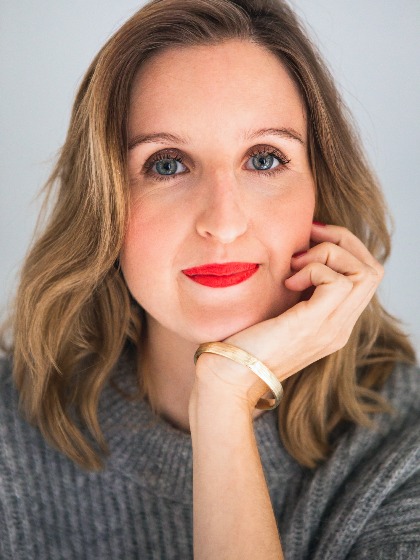
Consumer Behavior, Decision making, Social Marketing, Sustainability, Public engagement
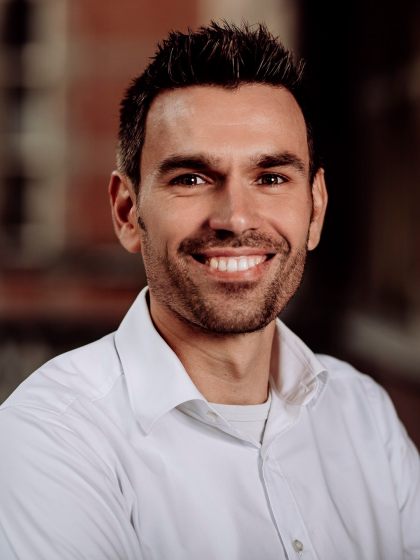
Contact
Functie
Universitair Hoofddocent (met Ius Promovendi)
Vakgebied

Neonatale neurologie
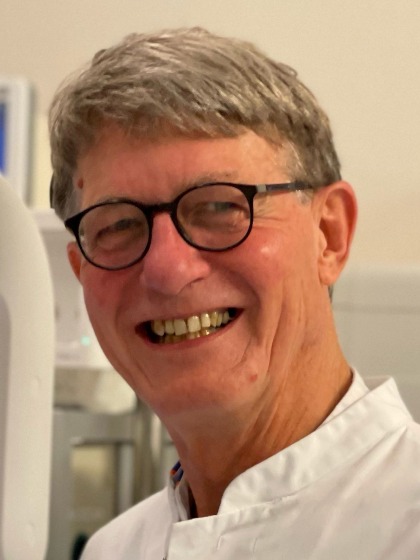
Contact
Functie
Hoogleraar kindergeneeskunde, in het bijzonder Neonatologie
Vakgebied
- - - - - - - - -
RESEARCH
- - - - - - - - -
Soundscape Research & Auditory perception
How to listen to the soundtrack of your life | Kirsten van den Bosch | TEDxYouth@Groningen
Safe and sound | Overview of PhD research @ EIAS 2015
Binaural Beats - R... lees meer
RESEARCH
- - - - - - - - -
Soundscape Research & Auditory perception
How to listen to the soundtrack of your life | Kirsten van den Bosch | TEDxYouth@Groningen
Safe and sound | Overview of PhD research @ EIAS 2015
Binaural Beats - R... lees meer
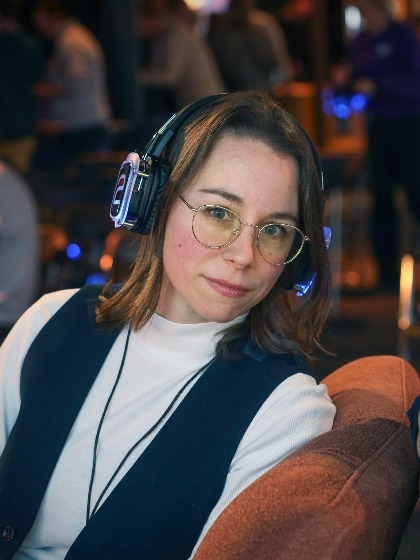
Contact
Functie
Universitair Docent
Vakgebied
De conceptuele geschiedenis van autisme in de (kinder)psychiatrie. De filosofie van autisme spectrum condities.
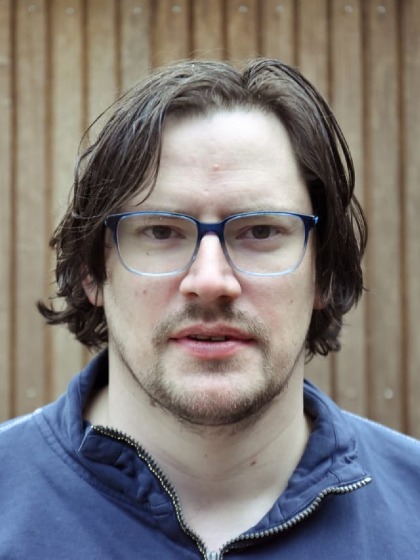
onderwijs; psychodiagnostiek; psychose; persoonlijkheid; verslaving
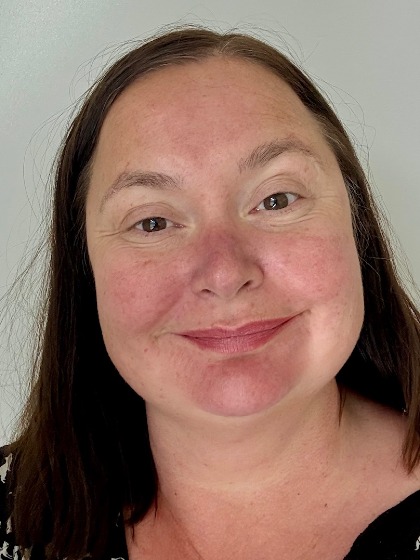
Contact
Functie
universitair hoofddocent
Vakgebied
Veerkracht, Training monitoring, Blessurepreventie, Complex Dynamische Systemen, Non lineaire Time-Series Analyse, Talentontwikkeling
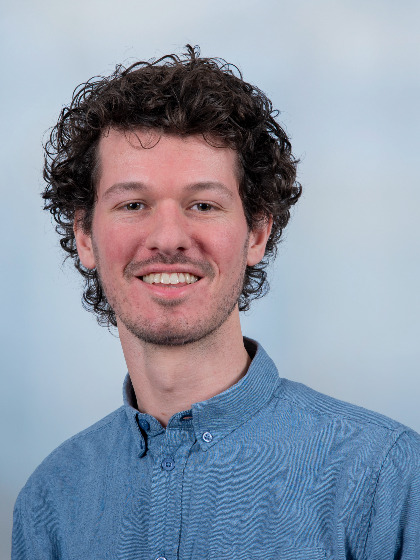
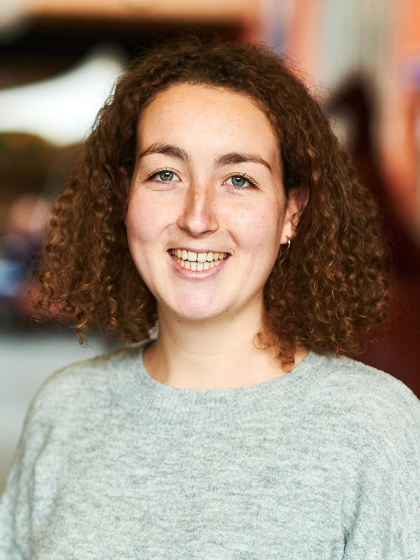
Contact
Functie
Promovendus
Vakgebied
Theorie en geschiedenis van de ontwikkelingspsychologie en levenslooppsychologie; de spanning tussen opvoeders en opvoedingsdeskundigen; de maatschappelijke betekenis en verbeelding van autisme; de relatie creativiteit, kunst en psychologie (in het... lees meer
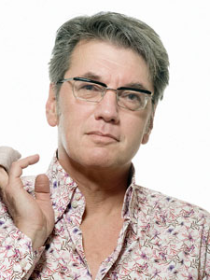
Contact
Functie
Universitair Docent
Vakgebied
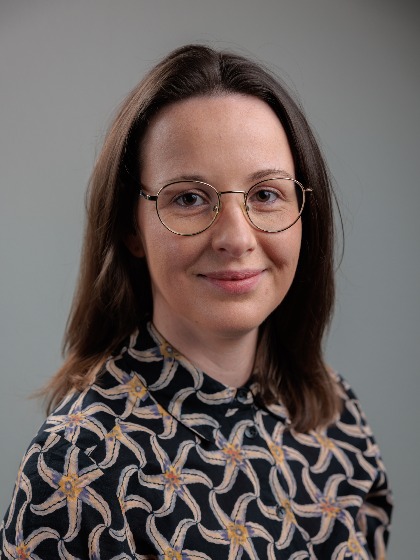
Contact
Functie
Postdoctoral Researcher
Psychologie van kunstbeleving | Empirische esthetica | AI in de kunst | Ontwikkeling | Embodied cognition | Complexe dynamische systemen
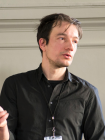
Contact
Functie
Adjunct Hoogleraar Psychologie en Ontwikkeling van Esthetica en Kunstbeleving
Within the context of higher education teaching I implement innovative methods to build and maintain active learning communities, as well as train and develop students to become effective peer mentors.
My research has traditionally focused on the... lees meer
My research has traditionally focused on the... lees meer
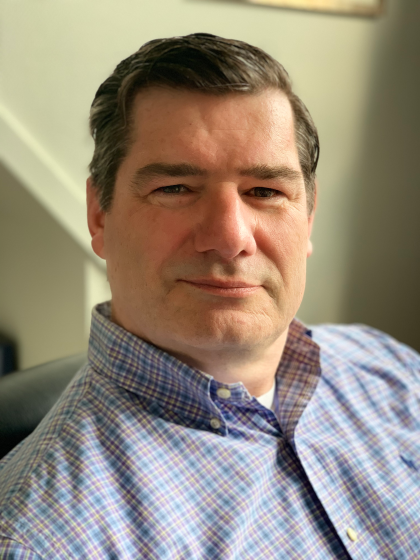
Klinische- en ontwikkelingspsychologie
Onderwijsvaardigheden
EMDR practitioner; ACT trainer; E-health
Onderwijsvaardigheden
EMDR practitioner; ACT trainer; E-health
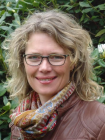
Occupational health, high-sensitivity, neurodiversity, inclusivity, evidence-based design, breastfeeding and work
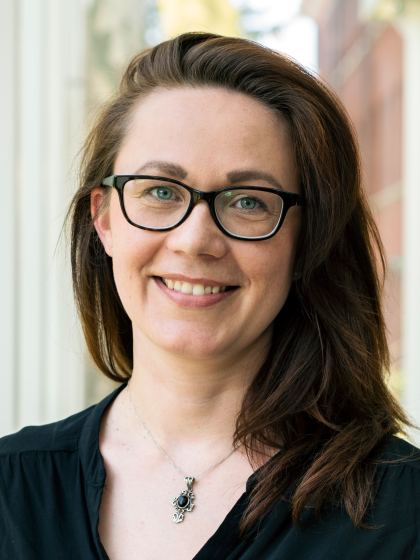
Contact
s.a.van.dellen rug.nl
Functie
Lecturer
geschiedenis van de psychologie, wetenschapsfilosofie, wetenschapsstudies, kwalitatief onderzoek

Contact
Functie
Associate Professor, ius promovendi
leerkracht-kind interacties; taal- en geletterdheidsontwikkeling; voor- en vroegschoolse educatie (VVE); discourse analyse; differentiatie; culturele diversiteit en inclusie in het onderwijs; kritische (zelf)reflectie via kunst; art-based pedagogy
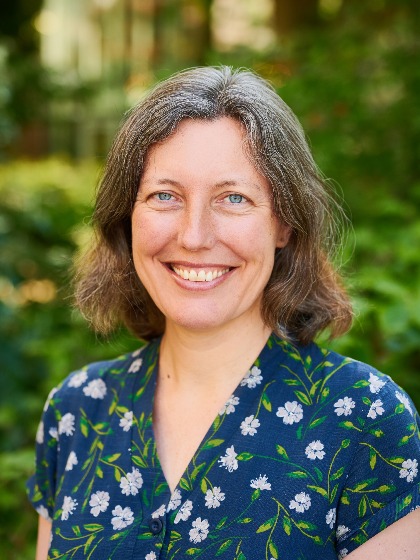
Contact
Functie
Universitair docent
Workplace stress, Occupational well-being and resilience, Informal learning processes, Coping and self-regulation
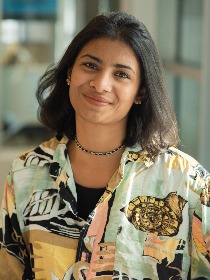
Mentoring, Older Workers, Emotional Competencies, Older Workers' Motivation, Diary Studies
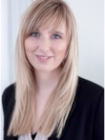
My background is in medical psychology, with a research focus on psychosocial oncology and burnout. My current interests include student engagement and development, skills training, and internationalization.
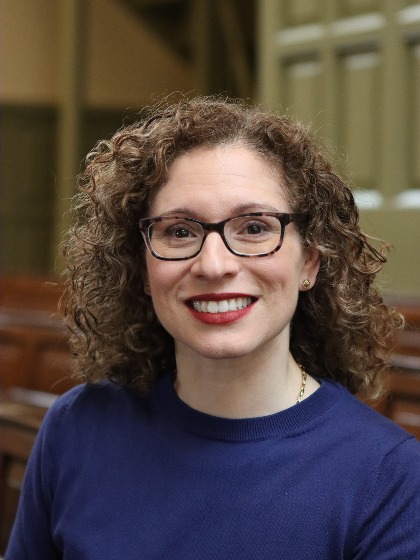
Contact
Functie
Assistant Professor
Vakgebied
LHBTQ+ psychisch welzijn; emotieregulatie
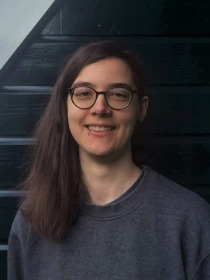
Contact
r.m.eike umcg.nl
Functie
PhD-Candidate
Dr Stefanie Enriquez-Geppert is an internationally renowned expert on the neural correlates of executive functions and a pioneering leader of neurofeedback. With her research group Neuro-Ex Funk, she develops neuroscientific & pharmacological... read more
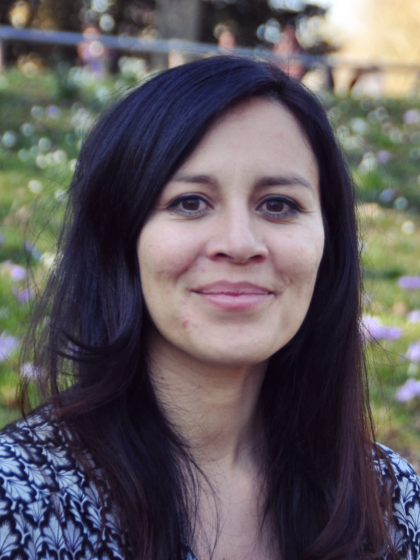
Contact
Functie
Assistant Professor
Kristina Erdélyi is geïnteresseerd in neuropsychologisch onderzoek, en de beoordeling en behandeling van cognitieve stoornissen. Sinds 2017 onderzoekt zij de psychologische en cognitieve gevolgen van laagfrequent geluid op gezondheid en functioneren. Ze... lees meer
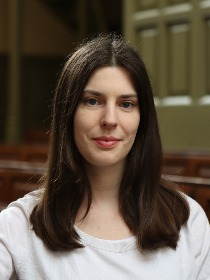
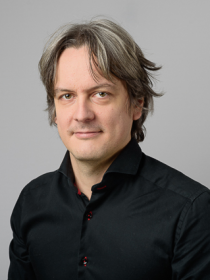
Contact
Functie
Universitair hoofddocent
Vakgebied
Health PsychologyInformal CareWillingness to CareDyadic copingInterpersonal processesSocial Support & Relationship SatisfactionDiary Studies (Intensive Longitudinal Methods)
I am currently working in the lab of Prof. dr. Mariët Hagedoorn and Prof. dr.... read more
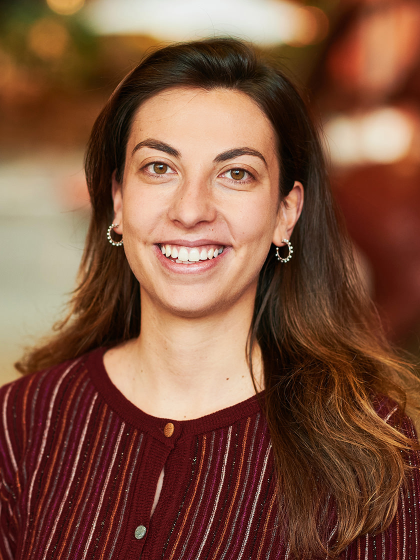
Attention disorders and daily life functioning; Symptom and performance validity assessment
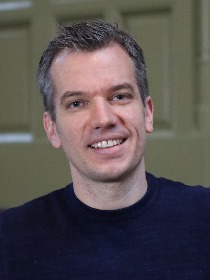
Contact
Functie
Associate Professor Psychology
Vakgebied
Academic performance in University, Attention, Attention-deficit hyperactivity-disorder, Attentional control, Cognitive motivation, Developmental disorders in adults, Flow state, Hyperfocus, Neuropsychological rehabilitation, Questionnaire development,... read more
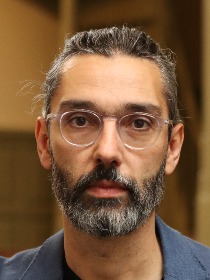
Contact
Functie
Assistant Professor in Psychology
Sociale geneeskunde, psychologie, onderwijs
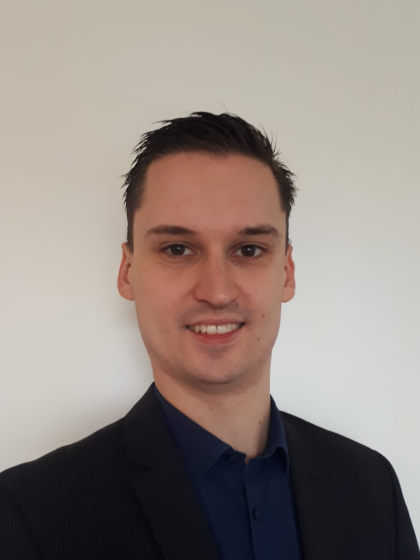
Functie
Universitair Docent
Nonlinear dynamics, time series analysis, variable star physics
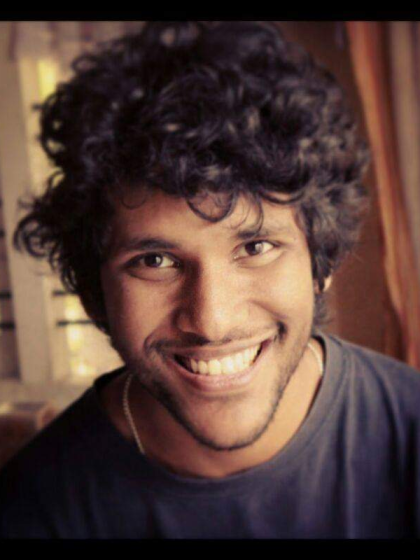
Contact
Functie
Postdoctoraal onderzoeker

Hybrid work arrangements, goal-directed behaviour, self-regulation, occupational health
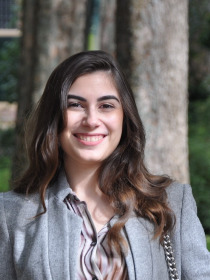
Neuro/biopsicholoog met een klinische interesse in aandachtstekortstoornis met hyperactiviteit (ADHD) en autisme spectrum stoornissen (ASS) bij kinderen en jongvolwassenen.
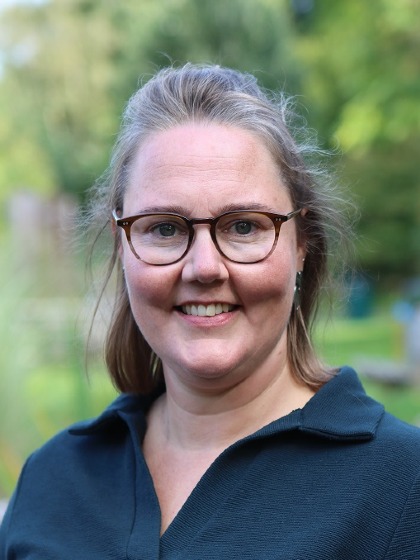
Contact
Functie
Universitair Hoofddocent Psychologie
Vakgebied
emotieregulatie, negatieve feedback
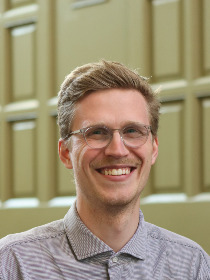
Contact
Functie
PhD candidate in Social and Organizational Psychology
Posttraumatische stressstoornis (PTSS); vermijding; bewegen tijdens traumaverwerking; Virtual Reality behandeling voor PTSS; geüniformeerden met PTSS
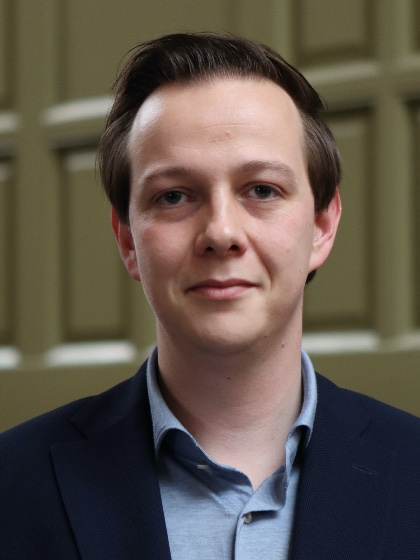
Contact
Functie
PhD student
Health PsychologyCouples dealing with chronic disease (i.e., dyadic coping)Health behavior in a dyadic contextInformal caregivingeHealthIntensive longitudinal designs (e.g., couple diary studies)
Illness not only affects patients, but also those who are... read more
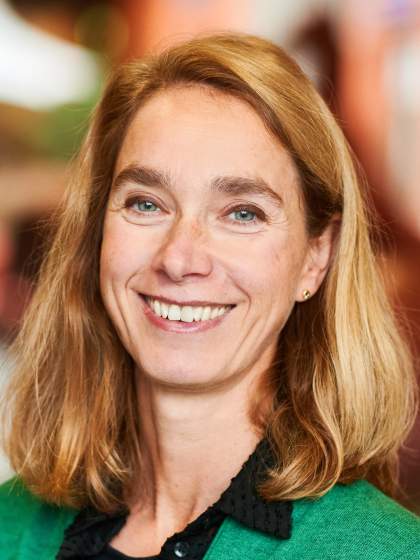
talentontwikkeling, sportpsychologie, dynamische systemen, psychologisch momentum, veerkracht
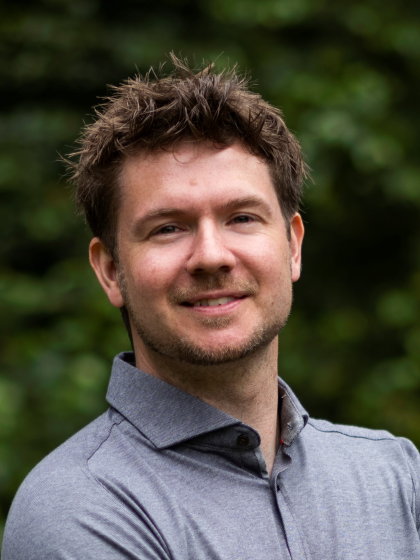
Contact
Functie
Adjunct Hoogleraar Talentontwikkeling, met speciale aandacht voor de sport- en prestatiecontext
Vakgebied
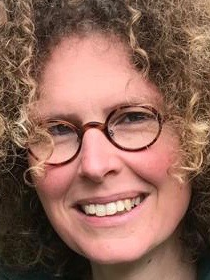
Psychopathologie, depressie, psychologie, Dagboekstudies (ESM; dagboekvragenlijsten), early warning signals, individuele veranderingsprocessen
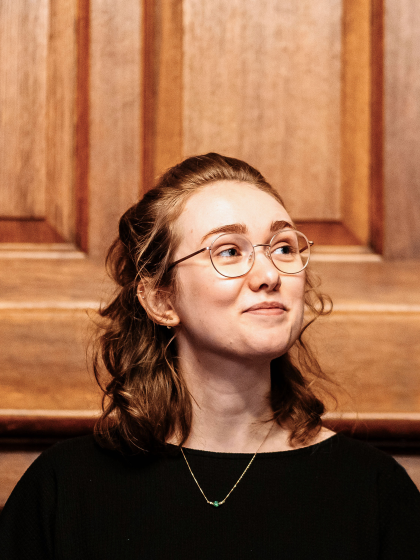

Angststoornissen; dwangstoornissen en dwanggerelateerde stoornissen; emetofobie (angst voor overgeven); comorbiditeit (bij autisme spectrum stoornissen); cognitieve gedragstherapie/ exposure therapie; behandeleffectiviteit; procesonderzoek
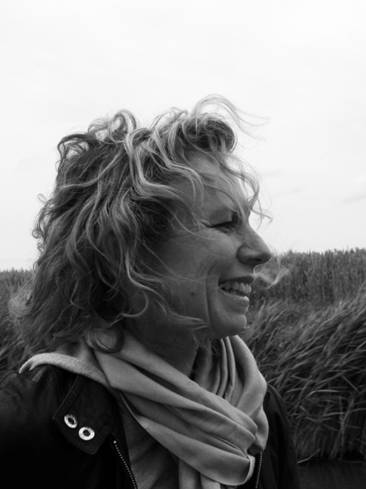
Contact
Functie
Universitair Docent
Vakgebied
Angststoornissen, depressie, epidemiologie, longitudinale data-analyse
Verstandelijke beperkingen, Down syndroom, dementie
Verstandelijke beperkingen, Down syndroom, dementie
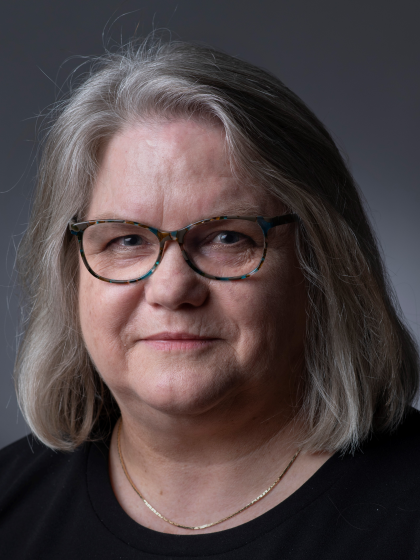
Contact
j.h.m.hovenkamp-hermelink umcg.nl
Functie
Onderzoeker
Vakgebied
I work as an organizational psychologist, researcher, coach and trainer. I am interested in topics around creativity, flow, core qualities and coaching. The overarching theme in my work is creating an optimal fit between the individual’s qualities and... lees meer

Contact
Functie
Universitair Docent

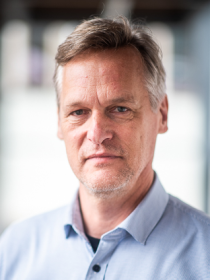
Contact
Functie
Universitair Hoofddocent
Vakgebied

Awe; Wisdom; Mystical Experience; Self-Transcendence; Personal Projects
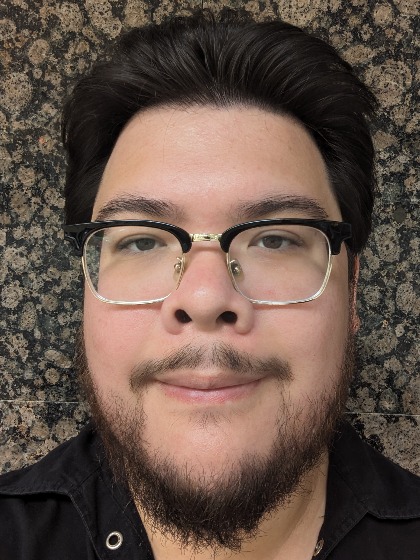
Next to course development, coordination and teaching, I implement and evaluate educational innovations on learning communities, intercultural competence, inclusion, and teachers’ professional development.
My research focuses on both, intergroup processes (prejudice, discrimination, inclusion and diversity, solidarity and collective action), and educational processes, specifically intercultural competence, academic development, student well-being and inclusion, and gender ratio in groups/teams.
My research focuses on both, intergroup processes (prejudice, discrimination, inclusion and diversity, solidarity and collective action), and educational processes, specifically intercultural competence, academic development, student well-being and inclusion, and gender ratio in groups/teams.
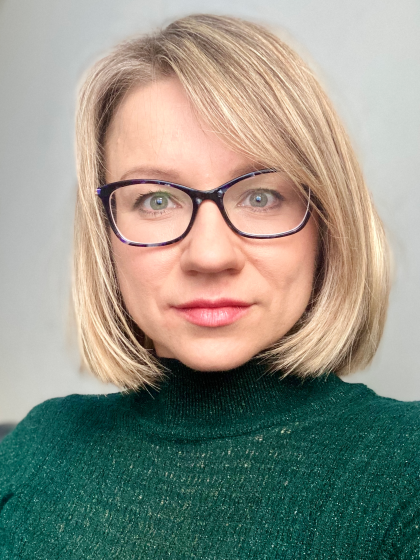
Tijdens mijn PhD heb ik gewerkt aan de toepassing van de experience sampling method in de klinische praktijk. Als onderdeel van het Stress-in-Actie project werk ik momenteel aan de conceptualisatie en meting van stress in het dagelijks leven.
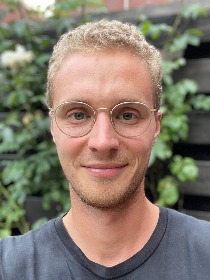
Contact
lino.von.klipstein rug.nl
Functie
Postdoc
Financieel welzijn en financiële capaciteit van mensen die leven met een neuropsychiatrische aandoening
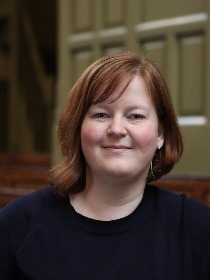
Contact
Functie
Adjunct Hoogleraar Klinische Neuropsychologie
Vakgebied
Wanneer en hoe plannen mensen protestacties door met elkaar te praten over onrecht?
Hoewel de motivaties die mensen ertoe zetten om te protesteren uitgebreid onderzocht zijn, combineert tot nu toe nog geen onderzoek alle ingrediënten die nodig zijn voor... lees meer
Hoewel de motivaties die mensen ertoe zetten om te protesteren uitgebreid onderzocht zijn, combineert tot nu toe nog geen onderzoek alle ingrediënten die nodig zijn voor... lees meer
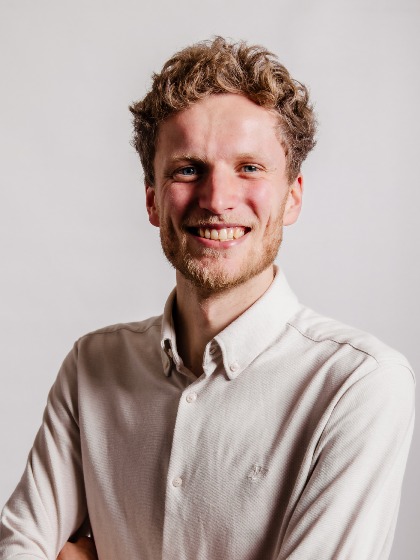
Geschiedenis, Psychologie en Digital Humanities

Senior in the field of Higher Education and Health Care
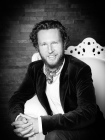
Contact
l.j.w.labree umcg.nl
Functie
Docent

Misvattingen, duurzaamheid, ideologie, leiderschap, gedrag in organisaties
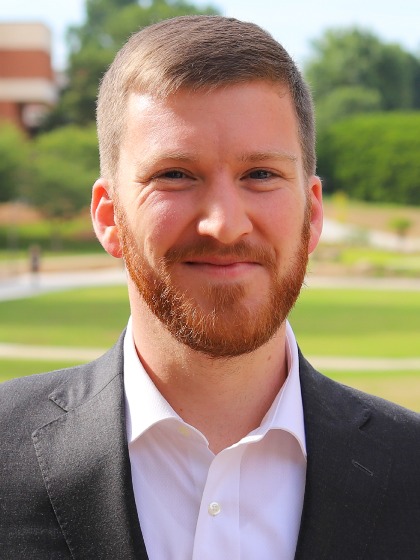
Contact
Functie
Universitair Docent
Vakgebied
Rouw; posttraumatische stress; traumatisch verlies; latente klasse analyse; systematic review; multilevel analysis; kwalitatieve data-analyse
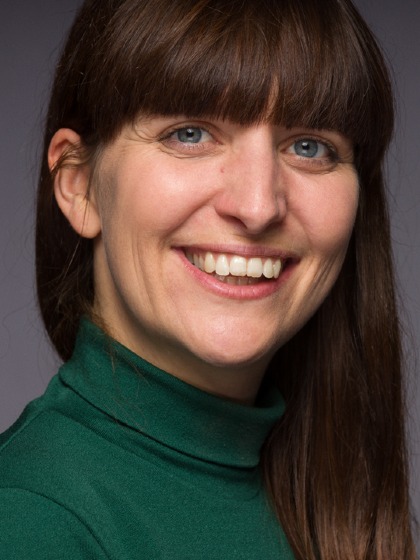
Contact
l.i.m.lenferink rug.nl
Functie
Bijzonder hoogleraar
Vakgebied
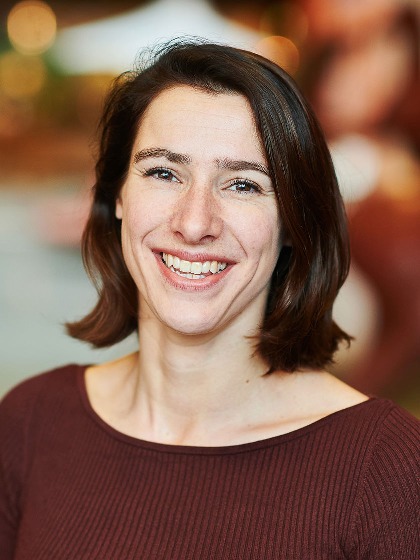
Engels, Taalwetenschap en Toegepaste Taalwetenschap
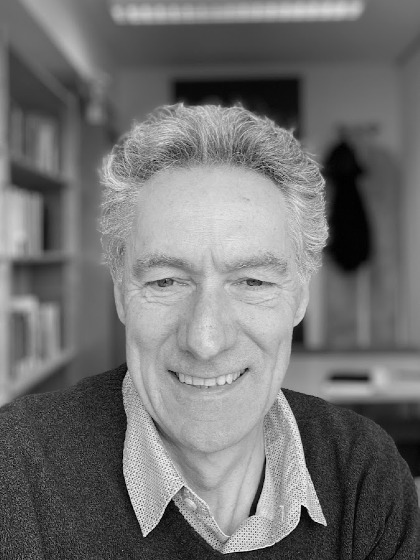
Contact
Functie
Hoogleraar Toegepaste Taalwetenschap
Vakgebied
Coordinator of the Rudolf Agricola School for Sustainable Development working on projects related with interdisciplinary research, education and societal impact.
PhD Candidate at the UG Center for Language and Cognition.
PhD Candidate at the UG Center for Language and Cognition.
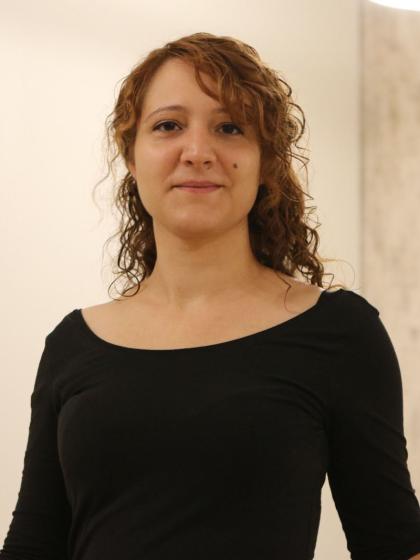
Contact
Functie
Beleidsmedewerker Duurzaamheid | Promovendus
Vakgebied


Contact
h.j.mast rug.nl
Functie
050-3616870 Studieadviseur Geneeskunde en Tandheelkunde Rijksuniversiteit Groningen/UMCG
Vakgebied
Dood studies, Rituele studies, Geografie van de religie, Psychologie van de religie. Ik ben beschikbaar voor het begeleiden van PhDs in deze onderzoeksvelden.
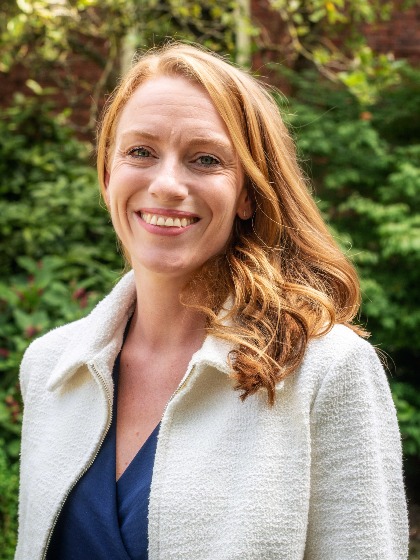
Contact
Functie
Universitair Hoofddocent Geografie en Psychologie van de Religie; Vice-Decaan en Directeur Onderwijs
Vakgebied

Contact
anna.meijer rug.nl
Functie
Redacteur
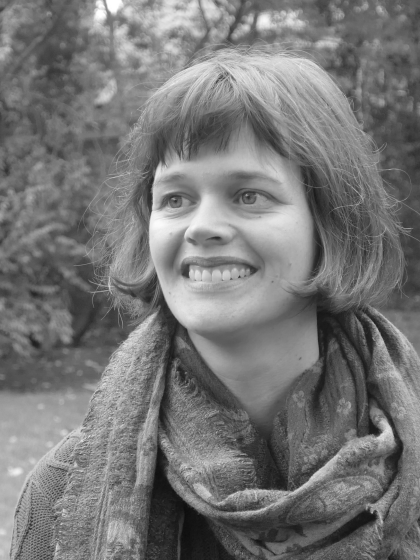
Studies on the human mind (19th and 20th century); History and philosophy of psychology, and the following topics:• Early experimental and applied psychology• Criminology and juridical psychology• Practices of psychological testing and measurement• Crisis... lees meer
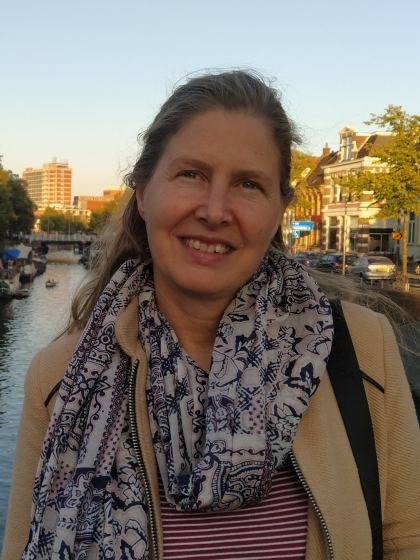
Contact
Functie
Theorie & Geschiedenis van de Psychologie
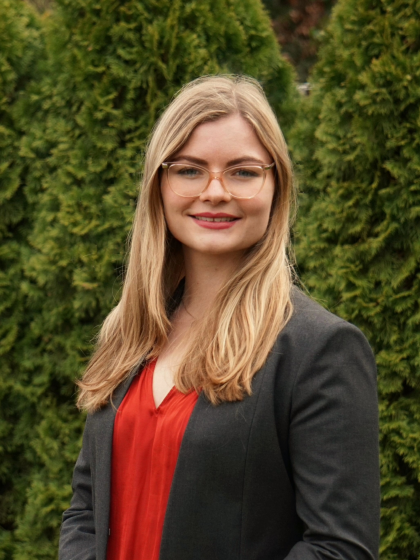

angststoornissen en depressie bij kinderen en jongeren; faalangst; effectieve interventies voor jeugdigen en ouders, cognitieve gedragstherapie; intergenerationele overdracht van angst en depressie, preventie, online behandelen
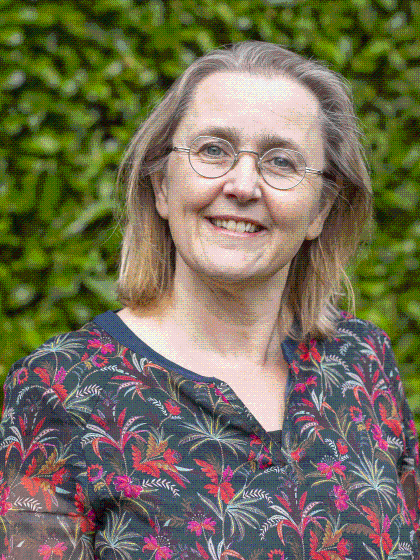
Contact
Functie
Hoogleraar Klinische Psychologie (spec jeugd)
Environmental Psychology; Behaviour Change
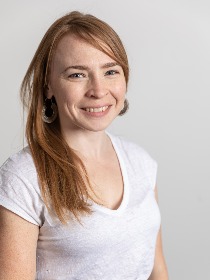
Contact
e.novoradovskaya rug.nl
Functie
I am the faculty funding officer for the faculty Behavioural and Social Sciences and have experience in applying for personal grants and consortium applications in several scientific fields and from various funding bodies (e.g., NWO, ZonMw grants,... read more
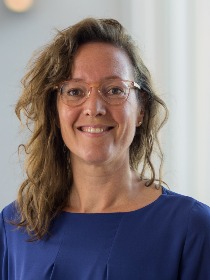
Contact
Functie
Faculty Funding Officer
Vakgebied
Sportpsychologie, Talentontwikkeling, Perceptie en Actie, Ecologische Psychologie
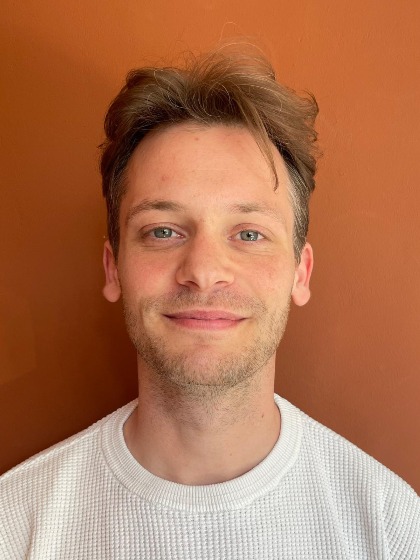
My research is part of the interdisciplinary EU project "CircEUlar" and revolves around understanding factors that influence whether people engage in circular consumption behaviors, such as refusing and rethinking consumption.
I am particularly... read more
I am particularly... read more
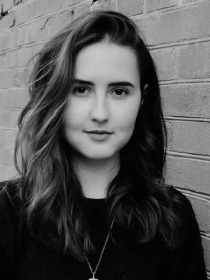
Contact
i.m.pacheco rug.nl
Functie
PhD Candidate
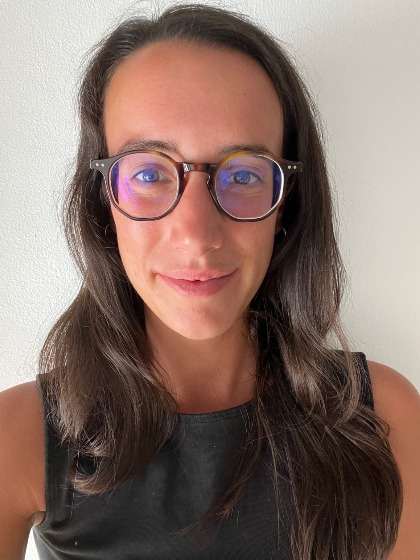
Contact
f.padovani rug.nl
Functie
Autism | Family and Child Studies | Education | Mental Health | Resilience
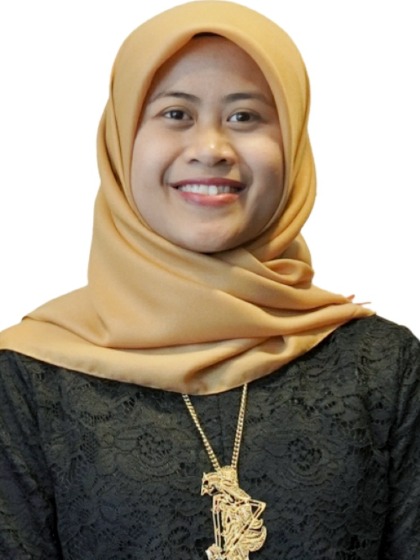
Psychology, Health Psychology, Obesity, Weight loss, Bariatric Surgery
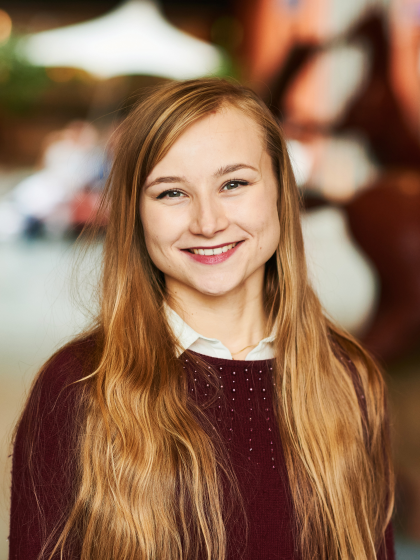
Contact
j.e.pyykko umcg.nl
Functie
P.h.D. student
Vakgebied
Behavioral Science, Cognitive Psychology, Environmental Psychology

Gezondheidspsychologie (zie link onderin)
- Aanpassing aan chronische ziekte en behandelingen, in het bijzonder de rol van persoonlijkheid en sociale cognities
- Psychologische aspecten van (klinische) genetica (lid ELSI groep UMCG; zie link onderin)
-... lees meer
- Aanpassing aan chronische ziekte en behandelingen, in het bijzonder de rol van persoonlijkheid en sociale cognities
- Psychologische aspecten van (klinische) genetica (lid ELSI groep UMCG; zie link onderin)
-... lees meer
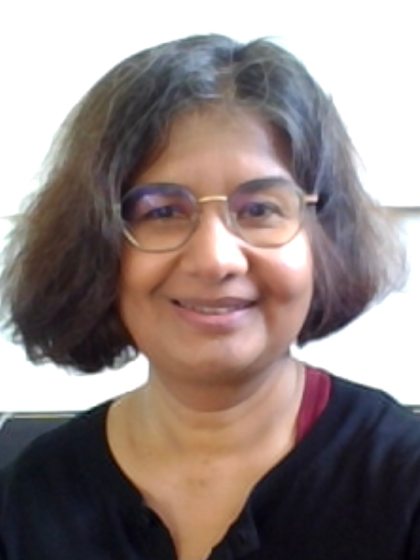
Contact
Functie
Hoogleraar Gezondheidspsychologie
Vakgebied
Esperience Sampling Method
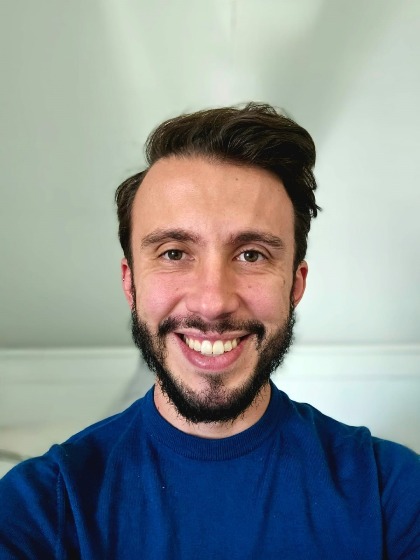
Contact
c.a.esdras.raposo.de.almeida umcg.nl
Functie
PhD Candidate
Vakgebied
Dynamics of Pro-Environmental Behaviour, Agent-based Modelling
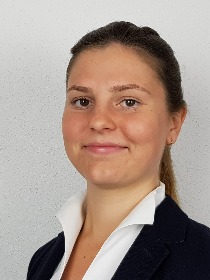
Contact
f.m.reintgen.kamphuisen rug.nl
Functie
Electroencephalography, Neurological Diseases, eHealth
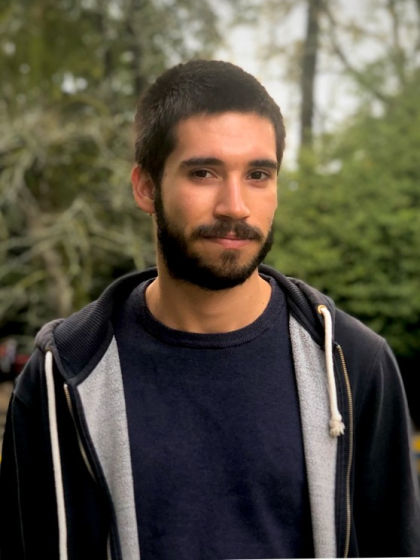
Contact
v.ribeiro.ferreira rug.nl
Functie
Mood disorders, clinical implementation of experience sampling method (ESM), ambulatory momentary assessments (EMA), n=1 designs, psychophysiology, epidemiology
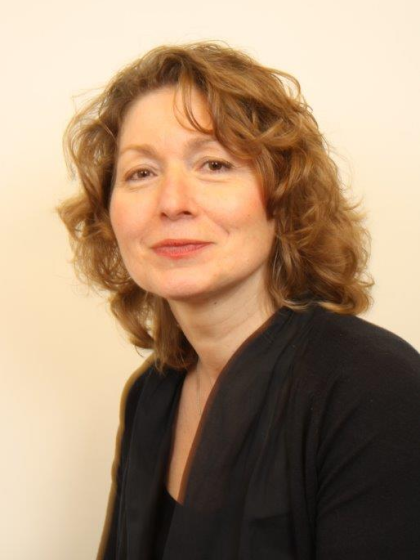
Contact
Functie
Universitair hoofddocent (UHD)
Vakgebied
Creativiteit; innovatie; groepsprocessen; teamprestaties
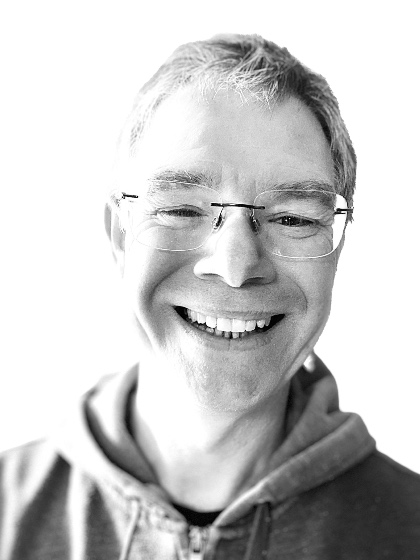
Contact
Functie
Universitair docent
Vakgebied
Organisatiegedrag, met Diversiteit, Toezicht , Macht en Cooperatie als aandachtsgebieden.
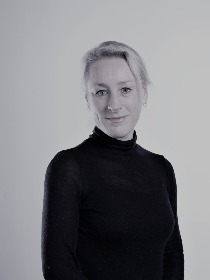
Angst en depressieve symptomen in kinderen en volwassenen, psychiatrische epidemiologie, systematische reviews, meta-analyse, publicatiebias
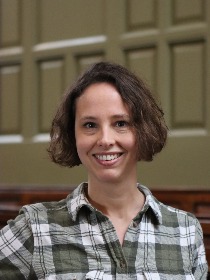
Contact
Functie
Universitair Docent psychologie
Vakgebied
Auditory Perception and Cognition
Auditory Prostheses and Hearing Aids
Speech Perception
Psychoacoustics
Soundscape Research
Binaural Beats
Educational Innovation
Specifications Grading
Auditory Prostheses and Hearing Aids
Speech Perception
Psychoacoustics
Soundscape Research
Binaural Beats
Educational Innovation
Specifications Grading
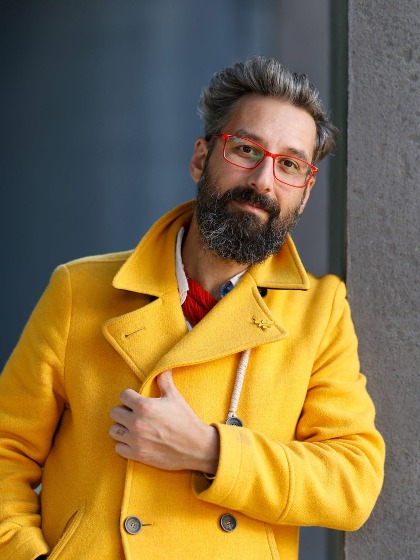
Contact
Functie
Universitair Docent
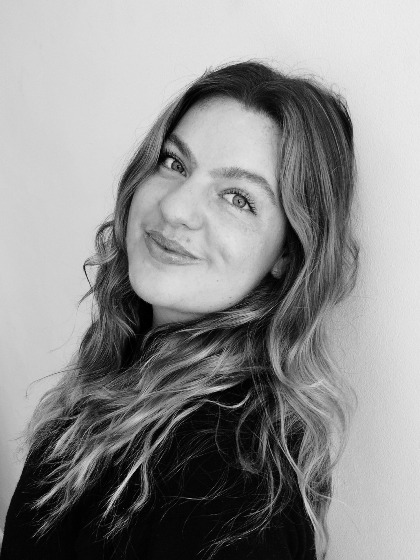
wetenschapsfilosofie en -theorie, wetenschapscommunicatie, theorie van de psychologie en cognitieve neurowetenschappen, filosofie van de psychiatrie, ethiek van de neurowetenschappen, interdisciplinair onderzoek en onderwijs, onderwijs voor verschillende... lees meer
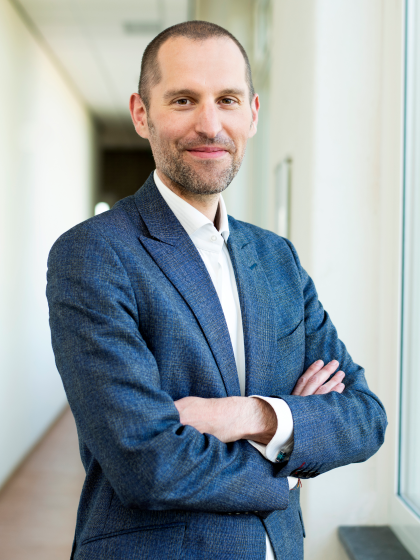
Contact
Functie
Universitair Hoofddocent
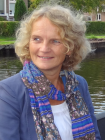
Contact
m.m.schoemaker umcg.nl
Functie
Universitair Hoofd Docent
Trainer Professionele en persoonlijke ontwikkeling.
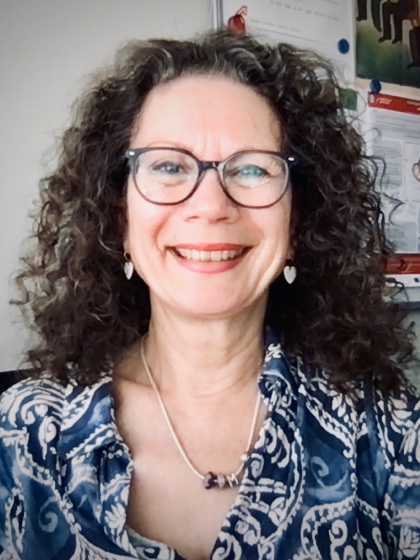
Contact
Functie
Docent en trainer professionele en persoonlijke ontwikkeling
Vakgebied
Research in Medical Education

Contact
Functie
onderzoeker, principal investigator
(1) (Voorspellers van) aanpassing aan een chronische ziekte (kanker, diabetes, nierfalen). Specifieke thema's:
- aard van depressieve klachten, subtypen van depressie
- percepties van depressieve klachten, zorgbehoefte
- posttraumatische groei
-... lees meer
- aard van depressieve klachten, subtypen van depressie
- percepties van depressieve klachten, zorgbehoefte
- posttraumatische groei
-... lees meer
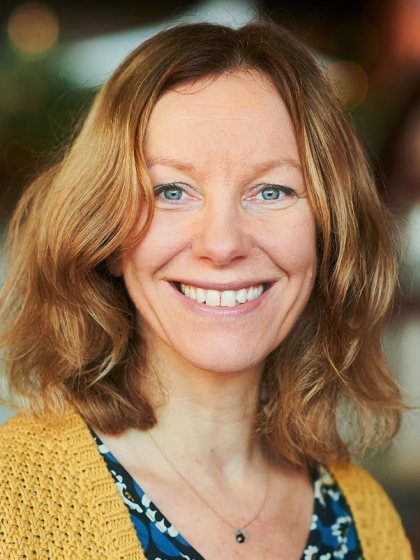
Contact
Functie
Universitair Hoofddocent
methodologie, klinische psychologie, kloof tussen wetenschap en klinische praktijk
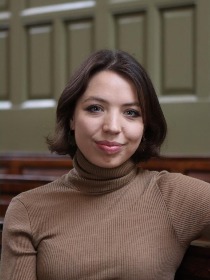
Inhoud: Gespecialiseerd in klimaatangst, klimaatgevaren, MHPSS in noodsituaties, kinderbescherming, crisismanagement, openbare veiligheid en organisatiepsychologie in eerste-responssituaties. Kwalitatief: Bedreven in thematische analyse met diverse... lees meer
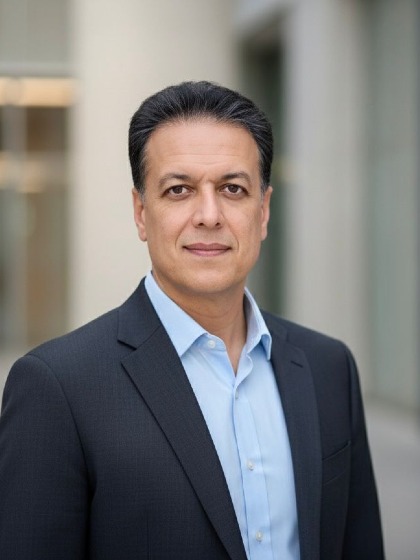
Contact
Functie
Postdoctoraal Onderzoeker
Neuroimaging; (dynamic) functional connectivity; experience sampling method; actigraphy; mood disorders; neuroticism
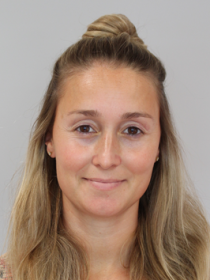
Contact
m.n.servaas umcg.nl
Functie
Postdoctoraal onderzoeker & GZ-psycholoog
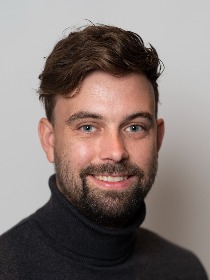
Contact
Functie
Studieadviseur Nanoscience, Applied Physics & Physics
Vakgebied
social and behavioral development in an intergenerational context. neurodevelopmental disorders (autism, ADHD); mental health; infants; parenthood; longitudinal data analysis
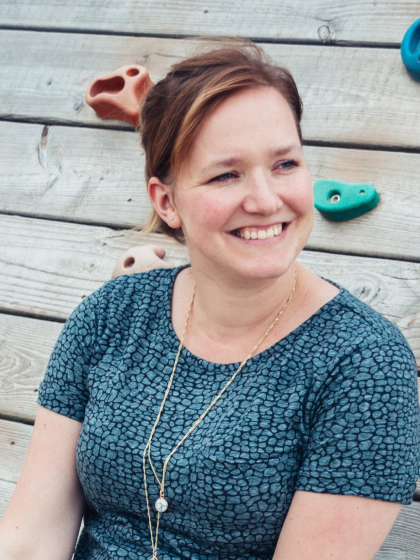
Contact
Functie
Assistant Professor
Vakgebied
My overall research program is to identify pathways toward sustainability, and develop communication models and products that help materialize these pathways. This takes a broad view of sustainability that includes improving social relations as well as... lees meer

succesvol ouder worden, welbevinden, sociale relaties, zelf-regulatie, levensloop, theorie-vorming, instrumentontwikkeling, interventies, implementatie, valorisatie

Contact
Functie
Adjunct hoogleraar
Vakgebied
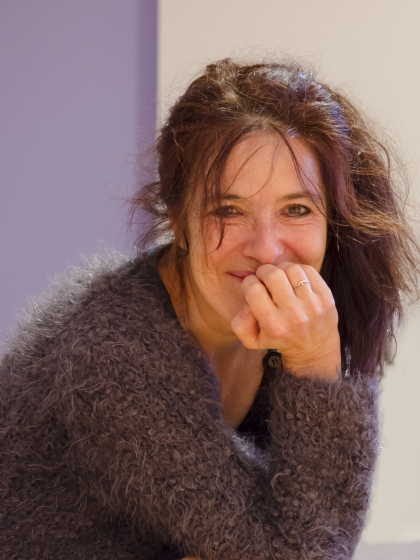
Contact
e.sulkers umcg.nl
Functie
Researcher
Vakgebied

Clinical Neuropsychology, Medical Psychology
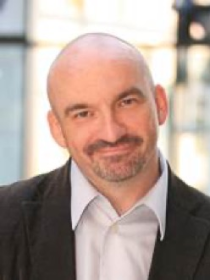
Psycho-oncology, Self-esteem, cognitive biases, depression, anxiety, Parkinson's disease, implicit vs. explicit processes
I am currently researching whether psychosocial factors like depression can predict the onset of cancer
I am currently researching whether psychosocial factors like depression can predict the onset of cancer
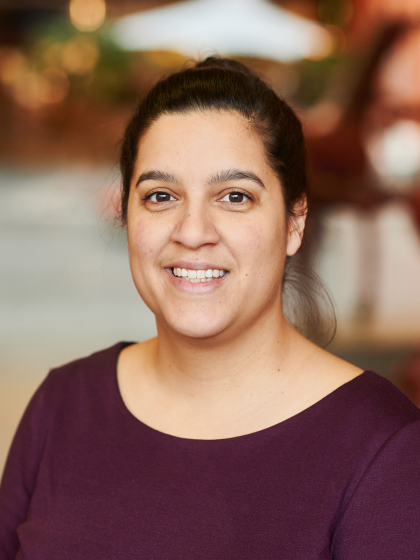
Contact
Functie
Post-doctoraal onderzoeker
Vakgebied
Ik ben een sociaal psycholoog, gespecialiseerd in psycho-oncologie en gezondheidspsychologie. Ik werk op de afdeling GezondheidsPsychologie in het lab van Prof. Mariët Hagedoorn, Intimate relationships in the face of illness.Een groot deel van mijn... lees meer
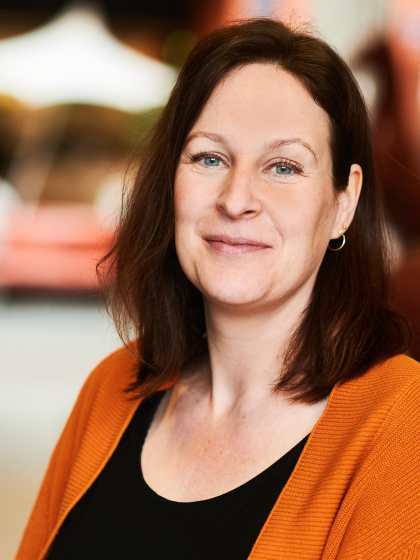
Contact
Functie
post-doc
Vakgebied
Mentale gezondheid
Jeugd
Mentale gezondheidsvaardigheden
Ontwikkelingspsychologie
Jeugd
Mentale gezondheidsvaardigheden
Ontwikkelingspsychologie
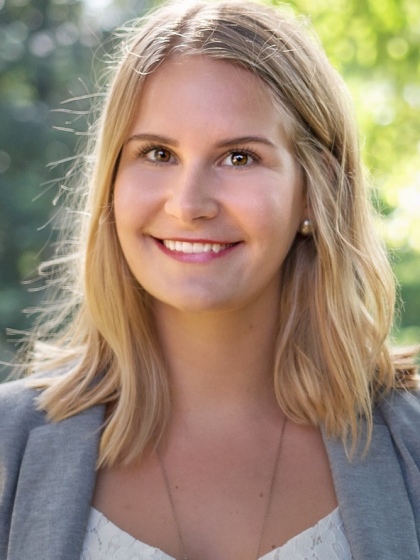
Contact
j.m.tullius umcg.nl
Functie
Promovenda
Continual learning
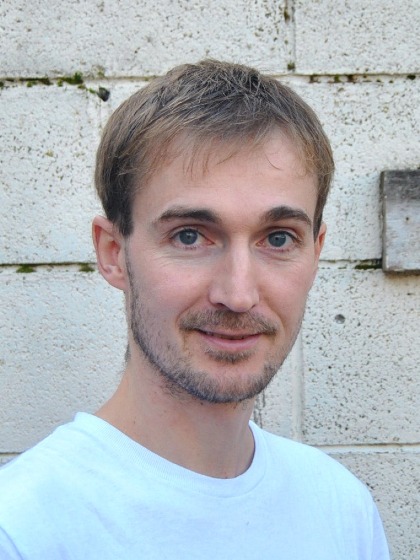
Contact
g.m.van.de.ven rug.nl
Functie
Universitair Docent
Geschiedenis van de psychologie, geschiedenis van de kwalitatieve onderzoeksmethoden, de persoonlijkheids typologie van Heymans en hoe die is gebruikt in de samenleving
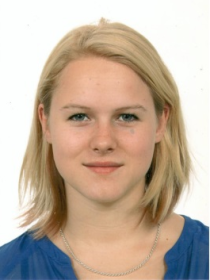
visual perception, pupillometry

I offer help to students and PhD students for all kinds of issues. I have (extra) affinity with stress related issues, emotion regulation, trauma, family issues, psychosis, attachment, anxiety and sexuality and intimicy problems.
I use tools from various... lees meer
I use tools from various... lees meer
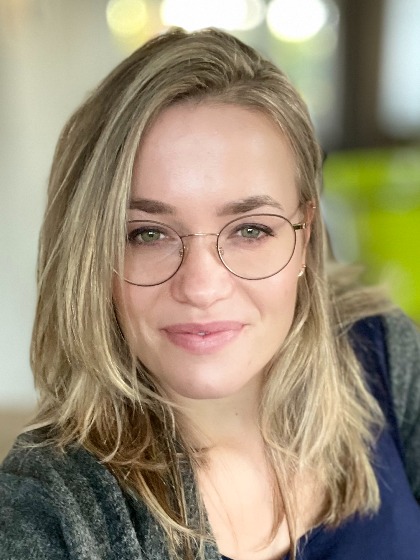
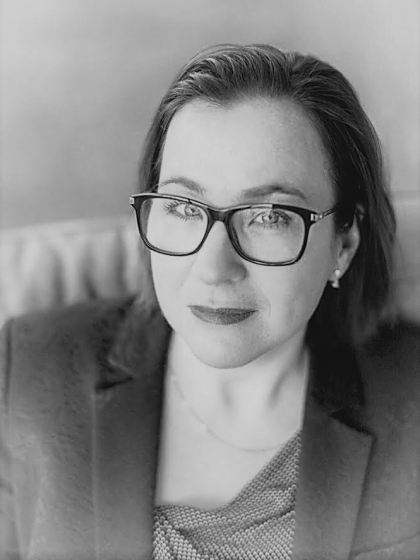
Positieve bias | Optimisme | Informatieverwerking | Mentale gezondheid | Depressie | Verlies van plezier | Dagboekstudies | Intergenerationele overdracht | Relaties tussen jongeren en hun leeftijdsgenoten
Ik ben gefascineerd door positieve bias, het... lees meer
Ik ben gefascineerd door positieve bias, het... lees meer
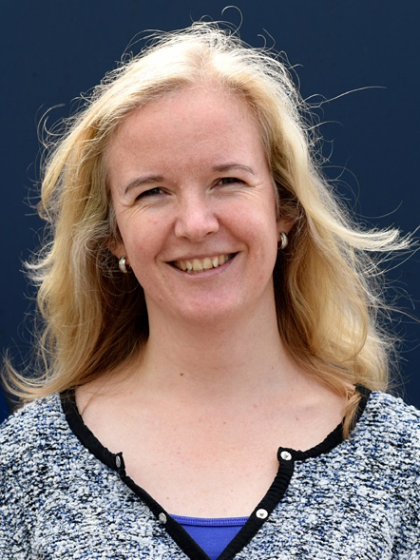
Contact
Functie
Universitair docent
Vakgebied
Psychopathologie en mentale gezondheid
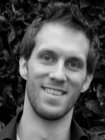
Contact
Functie
Universitair Docent
Vakgebied
Kwetsbare zwangeren, Assisted Reproductive Technology (ART), medisch geassisteerde conceptie (MAC), onbedoelde zwangerschap, Appreciative Inquiry
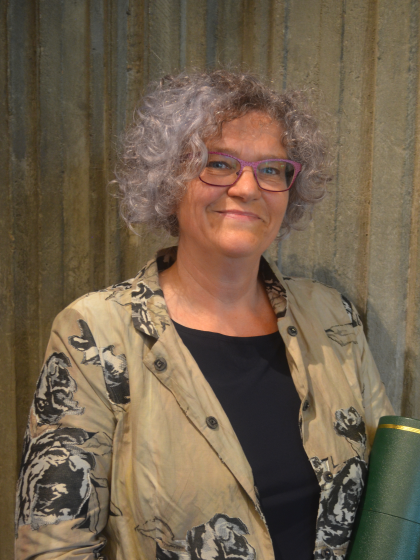
Contact
j.c.warmelink umcg.nl
Functie
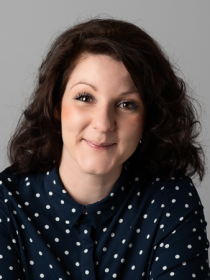
Contact
Functie
Graduate School Coordinator and Study Advisor Philosophy
Vakgebied
Op 19 november 2025 verdedig ik mijn proefschrift met de titel: “Mental health through the life course: Understanding the interrelations between individual and psychosocial factors, and social participation.”
Sinds september 2025 werk ik als postdoc... lees meer
Sinds september 2025 werk ik als postdoc... lees meer
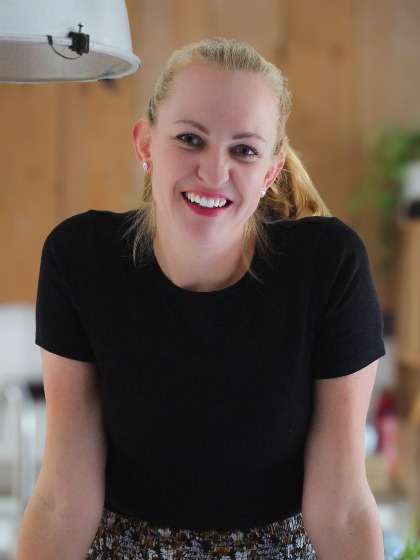
Contact
l.wijbenga rug.nl
Functie
Postdoctoraal onderzoeker
EEG

Contact
Functie
PhD student
Vakgebied
Mentale aspecten van sport en presteren, prestatiemotivatie, talentontwikkeling
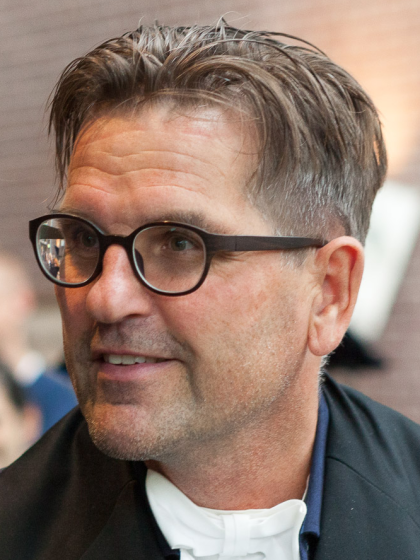
Contact
Functie
Professor of Sport & Performance Psychology
Vakgebied
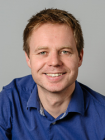
relationele psychoanalyse; identiteitstheorieën; kunst, verbeelding en religie; geestelijke verzorging
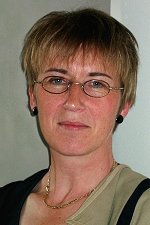
Contact
Functie
Emeritus bijzonder hoogleraar levensbeschouwing en geestelijke volksgezondheid met bijzondere aandacht voor het domein van de geestelijke verzorging
Vakgebied

Contact
l.r.zwerwer rug.nl
Functie
Postdoc
View this page in: English
